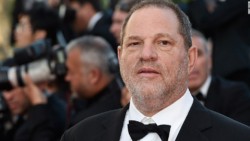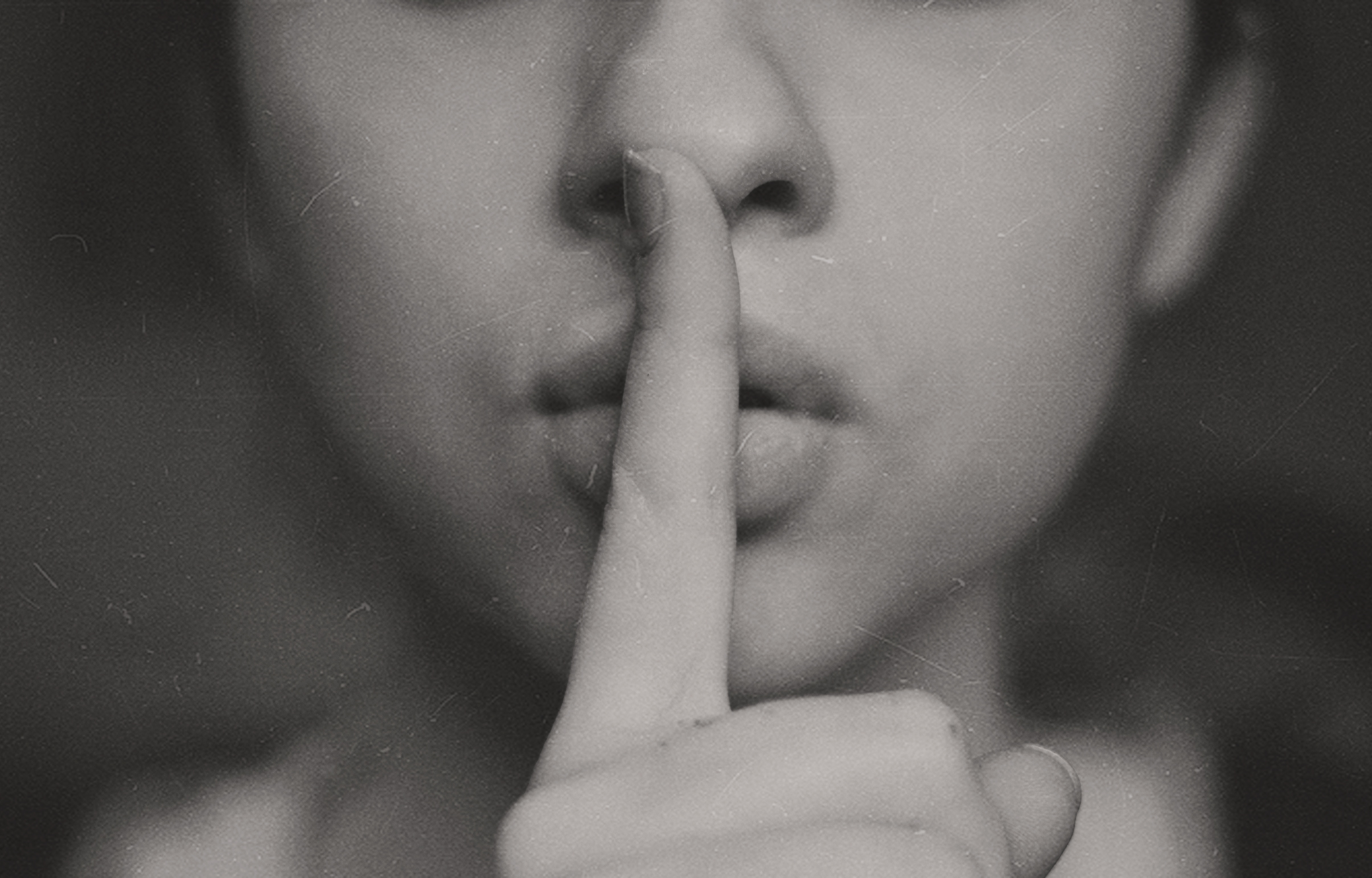Hollywood’s history of cover-up
Many celebrity figures have condemned producer Harvey Weinstein in the wake of the biggest sexual abuse scandal in Hollywood since Roman Polanski. Despite the shock of the horrific and widespread allegations of sexual assault against Weinstein, perhaps the most interesting aspect of the events has been the aftermath, with celebrity responses that range from insensitive and enabling, to apologetic and redemptive. James Corden’s rather insensitive and certainly stupid jokes, which include the comedian joking about the producer offering him a massage, have convinced some people that Hollywood still has a lot of growing up to do in its attitude towards sexual assault cases.

Image credit: BBC
If you spend as much time reading about films on twitter as I do, then you will come across some truly pathetic and horrifyingly unsympathetic comments about the accusations. Indeed, it seems as though many cannot grasp how terrifying it must be to come forward against such a huge figure in Hollywood. Anyone coming forward like this will have the extra dread of being the first, and it is undoubtable that these victims can be crushed by huge institutions. Weinstein himself produced some of the most popular films of the last few decades, with credits ranging from cult favourites such as Scream and Pulp Fiction; to the huge Oscar winners: The Artist and The King’s Speech (all executive production credits). With this huge influence in mind, it is important to note and applaud the bravery of every victim who came forward.
It has been a unique few weeks in Hollywood, and the general public may not be aware that similar allegations of sexual assault have been leveled at less influential figures in the film industry recently. This list includes the film critics Devin Farachi and Harry Knowles; and also the founder of the massively popular YouTube series Honest Trailers: Andy Signore.
With this huge influence in mind, it is important to note and applaud the bravery of every victim who came forward.

YouTube channel Screen Junkies (creators of Honest Trailers) acted appropriately when their member Andy Signore was accused of sexual assault. Image credit: YouTube
While some may find the widespread condemnation of Harvey Weinstein reassuring, it is a mistake to think that this is a conventional reaction, or even a common one at all. These lesser-known assault allegations and the following responses provide a much more typical insight into the culture of the cover-up in Hollywood, especially in terms of the history of similar crimes. The response of the host YouTube channel Screen Junkies to the allegations levelled at Andy Signore seemed heartfelt and progressive, with the team members openly detailing practical steps that they have taken to ensure that it is much easier for victims to make a claim without the fear of being made public. The responses to Knowles and Farachi are far more disturbing, with the Alamo Drafthouse cinema group founder Tim League secretly allowing Farachi to write articles after allegations of sexual assault. Shockingly, the Drafthouse owners also did nothing when informed of two sexual assaults by Knowles, dating back to 1999 and 2000.
Perhaps the most high-profile criminal case in film history is that of Roman Polanski, the critically acclaimed director who was arrested for the sexual assault of a 13-year-old girl on the 11th March 1977. He has been on the run from U.S authorities for four decades, and has never truly payed for what he did. His case is clouded by claims that the Judge vocally relayed plans to disregard a plea bargain that Polanski had agreed to, therefore inciting Polanski’s escape from the Country. Less clouded is the support of Polanski in Hollywood, with influential directors such as Darren Aronofsky (responsible for the recent Mother!), David Lynch, and Woody Allen signing a petition to release the director. Allen himself has been subject to sexual assault allegations, causing controversy recently by expressing that he didn’t want the Weinstein accusations to lead to “a witch hunt” – a sentiment that would be questionable coming from any figure, let alone someone who has been accused of similar assaults.
These lesser-known assault allegations and the following responses provide a much more typical insight into the culture of the cover-up in Hollywood, especially in terms of the history of similar crimes
So why is Hollywood film producer Harvey Weinstein receiving a far more unanimous backlash? I think that the important term here is ‘producer’, and I don’t think that I’m being inaccurate by suggesting that the major sexual assault and rape allegations among directors haven’t been met with the same outrage. This is intrinsically linked to the debate of separating the art from the artist, and is perhaps evidence of how harmful a complete adoption of this attitude can be.
These events incite personal reflection on the morality of our favourite filmmakers and stars, and it is up to you to decide which artists you support. People simply do not (and they haven’t since quite early Hollywood) view producers as responsible for creating the art of the films they watch. We will still watch the Weinstein-produced Pulp Fiction in the same way, but I suspect that this would be different if its director Quentin Tarantino was accused of sexual assault. The director himself has admitted that he could have done more to help, knowing more than just rumours about Harvey Weinstein. Some have offered him respect for this acknowledgement. Others, such as Anthony Bourdain, who is married to one of the accusers, criticised Tarantino for his ‘complicity’. In spite of this, he is one of only a few key figures to actually speak out: clearly there is a lot of progress to be made in creating a transparent film industry.
These events incite personal reflection on the morality of our favourite filmmakers and stars
There is a certain hopefulness to be found in the unification of the film industry as it responds to the allegations against Harvey Weinstein, but it is a unique case in a history of abuse that spans more than a century. Horror stories of forced abortion and sexual assault in early Hollywood offer cases that can never rest or be forgotten, and the amount of recent cases that have been handled poorly is overwhelming. If we actively try to support victims and foster a film community that enables, rather than dismisses accusations, then recent events can be the first step at a kind of redemption – not for the abusers, but for everyone who has acted under the pretense that these changes do not start with the individual

Comments